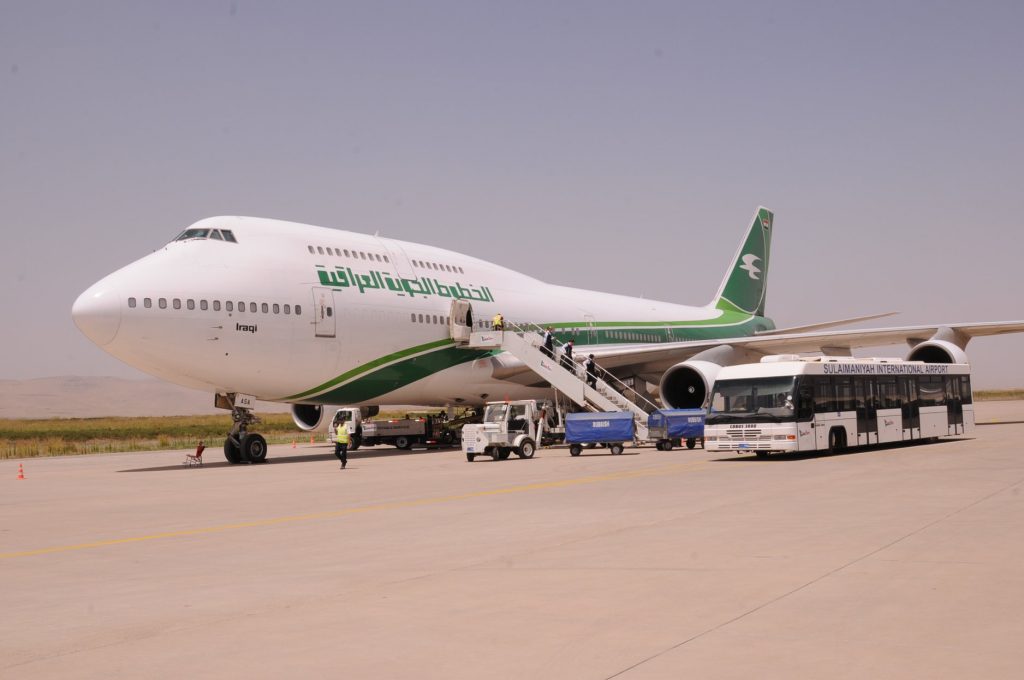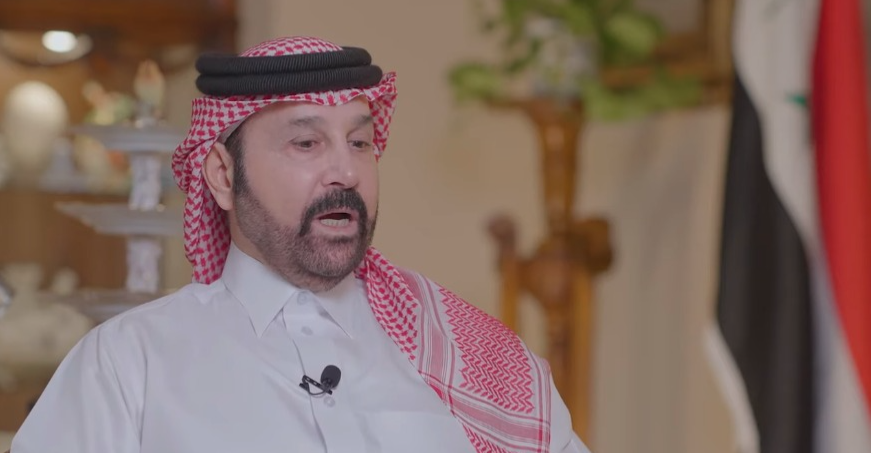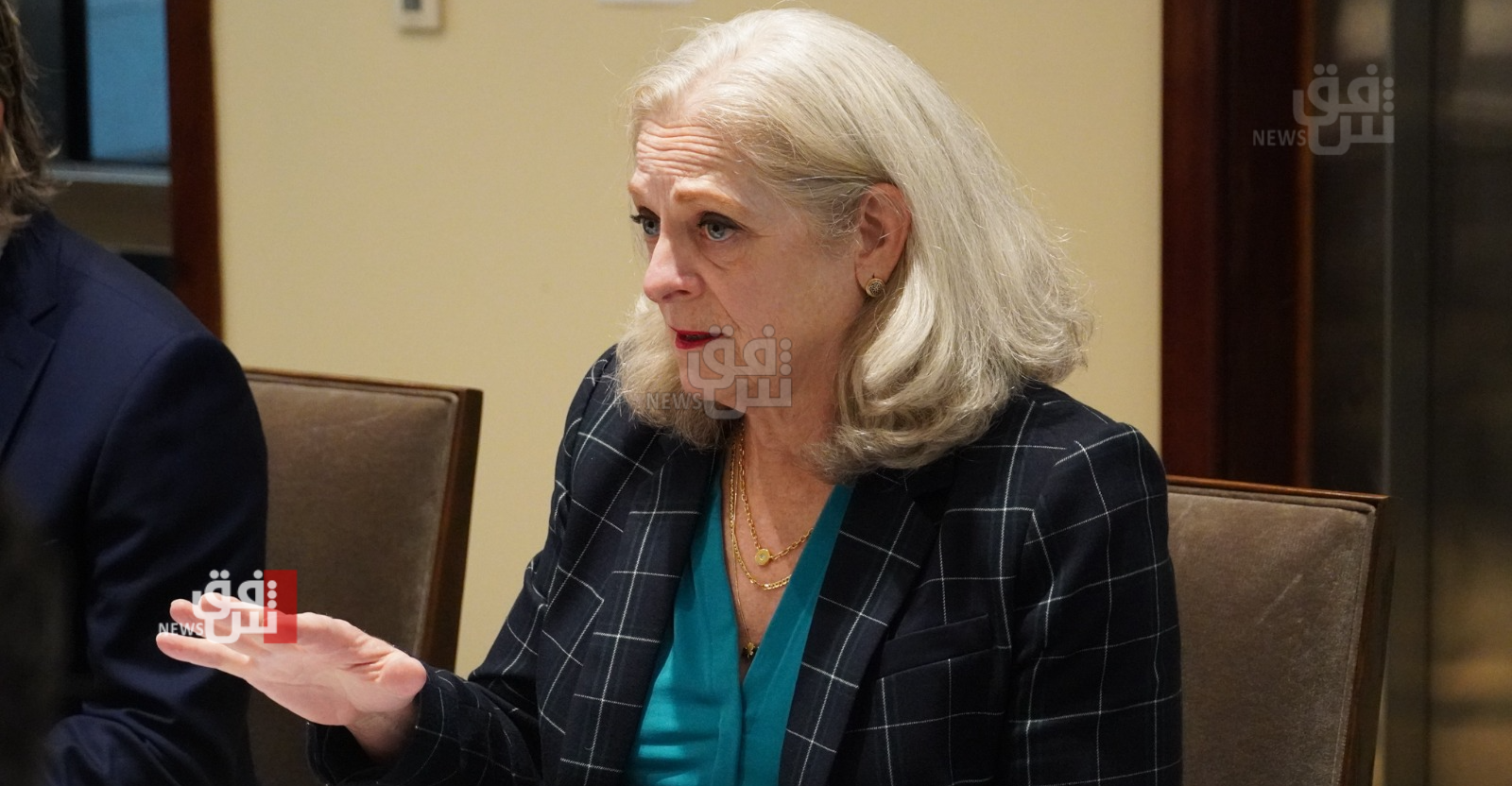Iraq’s airport expansion: New fleets and infrastructure to boost economy

Shafaq News/ Iraq is set totransform its aviation landscape with the launch of several new airports and arevitalized air fleet. With three major airports expected to open by 2025 and afleet expansion plan that will add modern aircraft by 2027, the country aims tostrengthen its economic ties, enhance international connectivity, and supportregional growth through improved air transport infrastructure.
New Airports in Iraq
Iraq’s Ministry of Transportspokesperson, Maytham Al-Saifi, stated that the government has developed astrategy for managing the transport sector, with a focus on the DevelopmentRoad project, which will pass through 11 provinces. Al-Saifi added that a seriesof airports will be linked to the project, including functioning airports likethose in Basra, Baghdad, and Najaf.
In an interview with Shafaq News,Al-Saifi highlighted the addition of several new airports, which will serveboth the project and travelers. “One of the key developments is theAl-Nasiriyah airport, which had faced delays but has now reached approximately71% completion. The airport is awaiting specialized air navigation equipmentand aviation sector devices.”
As for Mosul International Airport,Al-Saifi reported it is 86% complete, with only a few aviation-specific devicespending. He confirmed that “Al-Nasiriyah, Mosul, and Karbala airports will openin 2025, adding three new operational airports to the existing ones in Baghdad,Najaf, and Basra.”
Regarding the strategic importanceof the new airports, Al-Saifi explained, “Al-Nasiriyah has been isolated fromglobal connections, both by land and air, but the new airport will directlylink it to the world…The airport’s central location between southern andcentral provinces will enhance air cargo and other aviation services.”
Al-Saifi also reassured that the newairports will meet international standards and feature advanced technology inline with global aviation trends.
Importance of New Airports
The importance of airports is viewedas a key symbol of a country’s modernization, and the decision to establish newairports is influenced by several factors, including economic and socialconsiderations, according to aviation expert Fares Al-Juwari.
Al-Juwari explained to Shafaq Newsthat “the economic factor emphasizes the significance of cities with economicpotential or tourist appeal, while the social aspect focuses on the convenienceof travelers, especially as cities expand and populations grow, creating theneed for new airports.”
Relating these factors to Iraq’scurrent situation, Al-Juwari noted that the country is experiencing populationgrowth, which will drive the demand for airports in the provinces.
Economically, he pointed tonoticeable improvements in many Iraqi cities due to the changing financialsituation of the population, “making the conditions ripe for the development ofnew airports.”
In turn, economic expert MustafaFarraj told Shafaq News that the construction and operation of airports “willcreate both direct and indirect job opportunities in various sectors, such asconstruction, logistics, and trade. The new airports will also boost tourism byfacilitating easier access to different regions of Iraq, contributing to thegrowth of the tourism sector and increasing revenues.”
Additionally, airports will offerfaster and more efficient transport for time-sensitive goods, such as medicinesand perishable products.
Farraj concluded that investing inairports and the infrastructure supporting them is a strategic step towardadvancing Iraq’s economy and society, improving the quality of life forcitizens, and enhancing Iraq’s role on the international stage.
Iraq's Air Fleet
Iraq’s national carrier, IraqiAirways, currently operates a fleet of approximately 39 aircraft. Ministry ofTransport spokesperson Maytham Al-Saifi reported that 24 planes were previouslyout of service, but 13 have been restored.
“By the end of this year, twoadditional aircraft will be returned to service, bringing the total number ofrestored planes to 15. Five more planes are expected to return to service nextyear, though four aircraft were deemed economically unviable and have beenpermanently decommissioned.”
In terms of new acquisitions,Al-Saifi confirmed that Iraq has received 13 aircraft from Airbus, includingfive units, as well as two Dreamliner planes and six Max jets from Boeing.
“By 2027, Iraq’s air fleet willexpand further with the delivery of a total of 31 new, modern aircraft,enhancing the national carrier’s capacity.”



